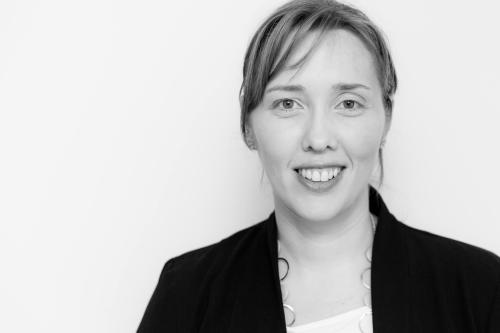30 years ago, a 10-week school term felt like an eternity. Flash forward to today and a school term feels like a few short weeks and a financial year can fly by in what feels like just a couple of months. And here we are again, coming quickly to the end of yet another financial year, in just two months time!
Before those two months turn into two days, lets have a look at 4 simple tips that can make EOFY for you and your property portfolio go smoothly and help to maximise your tax refund and financial position –
- Get Your Paperwork Sorted…. Now
There is no doubting that an investment property means lots of paperwork – loan statements, rates, water, insurance, lease agreements (the list goes on!), particularly if you have multiple properties.
Now is the time to start organising your paperwork, don’t wait for tax time to start. Having good records means you have all the necessary invoices and receipts for substantiation and it gives you a good feel for how your property is performing.
If you feel like you are drowning in paper it may be time to switch to electronic storage for your records – ideally a secure cloud-based option that can be accessed by you anywhere so if your computer gives in, you can still access the information. Consider Dropbox, Box or OneDrive for some great options.
Whether you choose electronic or A4 folders organise the folders into financial years, then by property and then further break it down by utilities, insurance, loans, agent statements and correspondence.
Many suppliers already provide statements electronically – rates, banks and real estate agents – so take advantage of it and free yourself of the paper!
- Maximise Your Tax Refund
There are a few simple things you can do to maximise your refund before the EOFY including –
- Know what is tax deductible for your investment property. See a checklist of deductible items HERE.
- Pay any rates/insurance etc due in July when they are issued in June.
- If you haven’t already, obtain a quantity surveyor report so you can claim Div 43 building write-off – this can be a significant deduction.
- Look at smaller repairs needed for the property over the next 6 months. Consider bringing them forward to June to maximise this year’s tax refund.
- Prepaying interest on the loan or additional super contributions may be beneficial** if you have a spike in taxable income this year from a redundancy, distribution or capital gain.
- Review your tax-deductible expenses for related to your employment or business.
**Always speak with a qualified tax agent before taking any action that may impact your tax position and a financial planner before making additional super contributions.
- Apply For A PAYG Withholding Variation
A PAYG Withholding Variation (used to be known as a Section 221YD variation) means you can access the tax benefits of an investment property every week to help relieve cash flow restrictions throughout the year. A variation is a mini-tax return with your income from employment and rental property income and deductions. It estimates your tax refund for the upcoming financial year and based on that the ATO issue a revised tax rate %.
You effectively receive your tax refund throughout the year in your pay, rather than waiting for your tax refund in July-October.
The additional take-home pay can be used to help fund property expenses or to reduce interest on your mortgage.
Read more about how a variation could be advantageous for you HERE.
- Review Your Investment Loans
Interest on property investment loans will be the most significant outgoing you have your property each year. Yes, it is tax deductible, but for every $100 of interest you save, you are better off by $53 (up to $81 depending on your marginal tax rate).
It is a good time of year to have a chat with your bank about reducing the interest rate on your loans. Do some research first so you know what comparable banks and loan product rates currently are. If you are time poor, ask your mortgage broker to review your loans.
If you want to have a chat about maximising your tax refund contact Karen Goad or one of her qualified accountants on (07) 3849 3816 or email tax@goadaccountants.com.au

Principal & founder of Goad Accountants and Simply Business Bookkeeping . Karen is a Chartered Accountant and Certified Tax Adviser with over 19 years’ experience advising property investors and developers, helping them get the best tax outcome from their property portfolios. Goad Accountants also works with small business owners and provides SMSF administration services.





